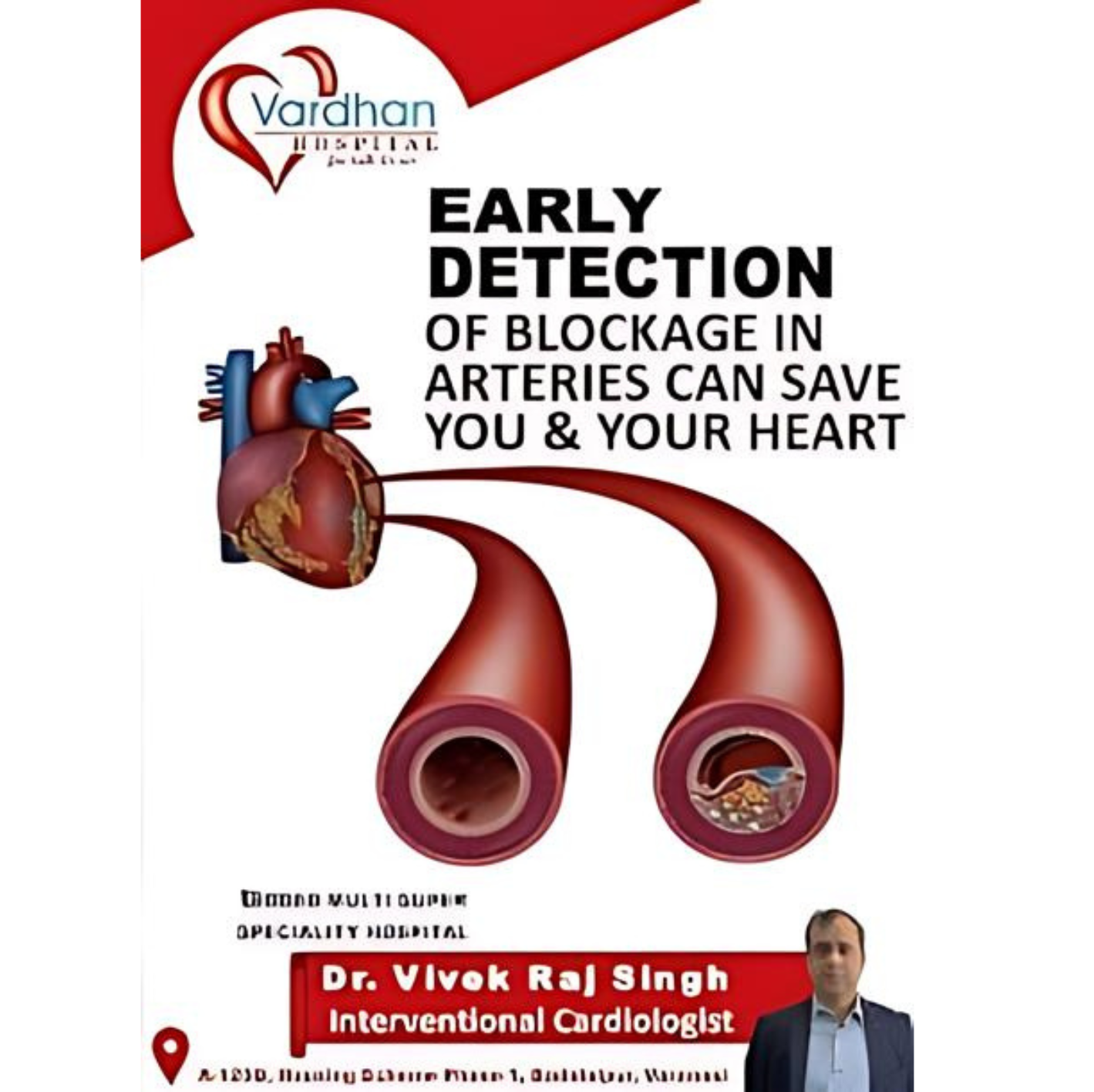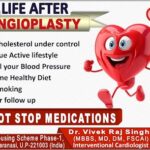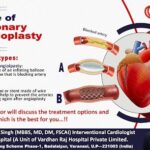Early detection of artery blockages is a lifesaving step that can prevent serious conditions like heart attacks or strokes. Identifying blockages before they lead to complications allows for timely interventions, significantly improving the prognosis. Common methods for early detection include non-invasive tests like stress tests, coronary calcium scans, and CT angiograms, which can reveal the presence of plaque buildup or reduced blood flow to the heart.
Recognizing the warning signs is also critical. Symptoms such as chest pain, shortness of breath, fatigue, or discomfort in the arms, neck, or jaw may indicate arterial blockages and should not be ignored. Consulting a cardiologist early and undergoing routine check-ups can help catch blockages before they become life-threatening.
Preventive measures are equally important. Adopting a heart-healthy lifestyle, including a balanced diet, regular exercise, and managing blood pressure and cholesterol levels, can significantly reduce the risk of developing artery blockages. Quitting smoking and managing stress also play a crucial role in preventing heart disease.





